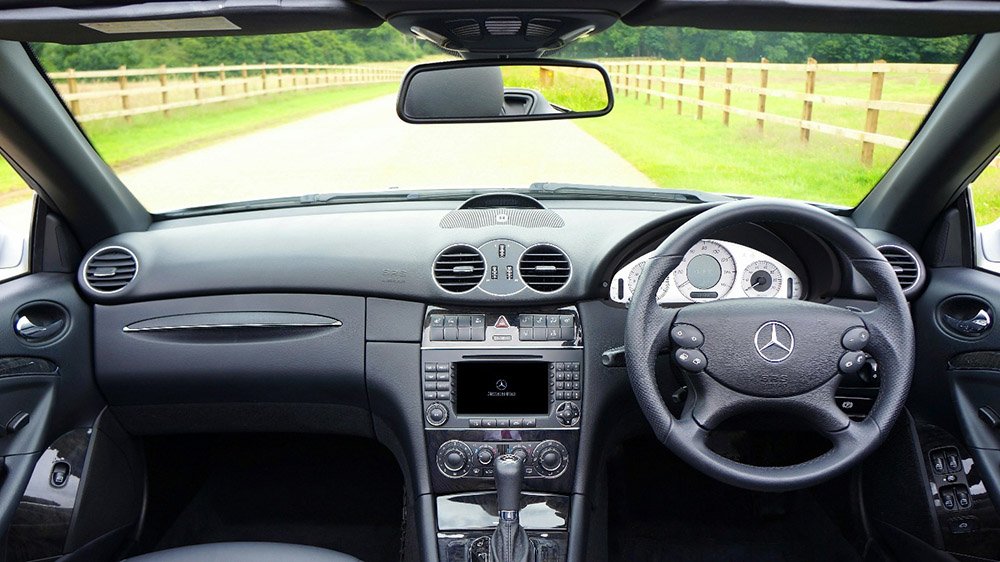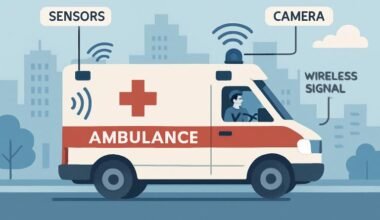You’re cruising down the highway, music playing, everything seems fine, until a light suddenly appears on your dashboard. Maybe it’s a symbol you don’t recognize, or maybe it’s one you’ve seen before but chose to ignore. After all, the car still runs, right?
Many drivers overlook dashboard warnings or assume they’re not urgent. But your car’s dashboard is one of the most important tools you have. It’s there to alert you to both minor issues and serious problems before they get worse. Ignoring these signs can lead to breakdowns, expensive repairs, or even safety risks for you and your passengers.
Even more concerning is when the dashboard itself starts acting up. Faulty gauges, flickering lights, or blank displays might not seem like a big deal, but they can seriously affect your ability to monitor your vehicle. That’s why understanding what your dashboard is telling you and when it’s not working properly is key to responsible driving.
Faded Gauges, Flashing Lights
While most people know to look out for warning lights, few realize that the dashboard’s entire display system, called the instrument cluster, can have issues of its own. This cluster includes your speedometer, fuel gauge, odometer, tachometer, and all those warning lights you see when you start your car. When it’s working correctly, it helps you stay informed and in control behind the wheel.
But when the instrument cluster begins to fail, it may cause flickering displays, inaccurate readings, or gauges that stop working entirely. In these cases, the issue isn’t necessarily with your engine or battery. It could be the cluster misreporting data or losing signal altogether. If you’ve noticed these kinds of problems, it may be time to consider instrument cluster repair to restore proper functionality. This type of repair ensures your dashboard provides accurate, real-time information, helping you avoid unnecessary stress or confusion while driving.
The right repair service can fix failing or malfunctioning clusters quickly, without the need for expensive replacements. Whether you’re dealing with flickering lights, dead gauges, or intermittent display loss, professionals can restore your original unit and get your dashboard back to full working order, saving you time and money.
Warning Lights You Should Never Ignore
Some dashboard lights are more than just suggestions. They’re urgent messages that something’s wrong under the hood. The check engine light, for example, can point to a wide range of issues. It might be something as simple as a loose gas cap, or it could indicate a misfiring engine or a faulty sensor. Either way, it’s worth having checked as soon as possible.
Another critical one is the brake system warning light. If this appears, it might mean your brake fluid is low or your system is compromised. Since brakes are essential for your safety, ignoring this light can lead to dangerous situations on the road.
The battery warning light can be a sign that your charging system is malfunctioning. It could involve your alternator, voltage regulator, or the battery itself. If the battery isn’t being charged properly, you may find yourself stranded when the engine won’t start.
And don’t overlook the oil pressure light. If low oil pressure isn’t dealt with right away, it can cause serious damage to your engine. If this light comes on, it’s best to pull over and shut off the engine to avoid severe damage.
These lights are designed to prevent bigger problems. Paying attention to them can save you from costly repairs and, more importantly, keep you safe.
When Dashboard Lights Come On but Nothing Seems Wrong
It’s not uncommon to see a warning light appear even though your car seems to be running fine. You might think it’s a glitch, but modern vehicles use sensors to detect problems long before you feel them. These sensors send information to the instrument cluster, which then displays a light or message.
When the instrument cluster itself isn’t functioning properly, it can cause lights to flash randomly or stay on for no reason. A faulty cluster might even fail to display a warning when there’s an actual issue. That’s why it’s important to trust your dashboard, but only when it’s working as intended.
If you’re unsure, a diagnostic scan at a repair shop can help you find out whether it’s the car or the cluster causing the alert. Ignoring these signs just because the car “feels fine” can lead to serious issues being overlooked.
Dim or Flickering Dashboard Lights and What They Mean
Dim or flickering lights on your dashboard are more than just a minor annoyance. They can be a sign of a failing battery, a weak alternator, or problems with your vehicle’s electrical system. You may also notice that your dashboard dims when turning on the headlights or other accessories. If this happens consistently, it could point to a voltage issue.
Sometimes the problem isn’t with the battery or wiring. It’s the cluster itself. If the backlights behind your gauges begin to flicker or go dark, it becomes harder to see vital information like your speed or fuel level, especially at night.
Driving without a clear view of your dashboard can be dangerous. If you can’t tell how fast you’re going or if you’re running out of gas, you’re essentially flying blind. Taking the time to address dimming or flickering displays can prevent both inconvenience and accidents.
Staying Ahead: Routine Checks to Avoid Dashboard Drama
You don’t have to be a mechanic to keep tabs on your dashboard. A few small habits can make a big difference in catching problems early.
First, pay attention to what your dashboard looks like when you first start your car. All the lights should come on briefly, then turn off. If any stay lit or start blinking, that’s your cue to investigate further.
Get familiar with your vehicle’s manual. It explains what each symbol means and how urgent it is. Make it a routine to glance at your dashboard while driving, especially on longer trips or in rough weather.
Also, keep an eye out for physical signs like a slow-starting engine, flickering interior lights, or the smell of something burning. These, paired with dashboard alerts, can point to issues needing immediate attention.
Regular maintenance checks and annual diagnostics are also helpful, especially as your car gets older. These checks can spot minor issues before they turn into dashboard alarms or costly repairs.
Pay Attention Today to Avoid Trouble Tomorrow
Your car’s dashboard might not say much, but when it speaks, it’s worth listening to. Those lights and gauges are your first line of defense against hidden problems. Whether it’s a flashing check engine light or a gauge that stops working, ignoring the signs can lead to bigger headaches down the road.
Driving is about more than getting from one place to another. It’s about getting there safely, confidently, and without unwanted surprises. So, next time your dashboard starts acting up, don’t brush it off. Your car is trying to tell you something important.



